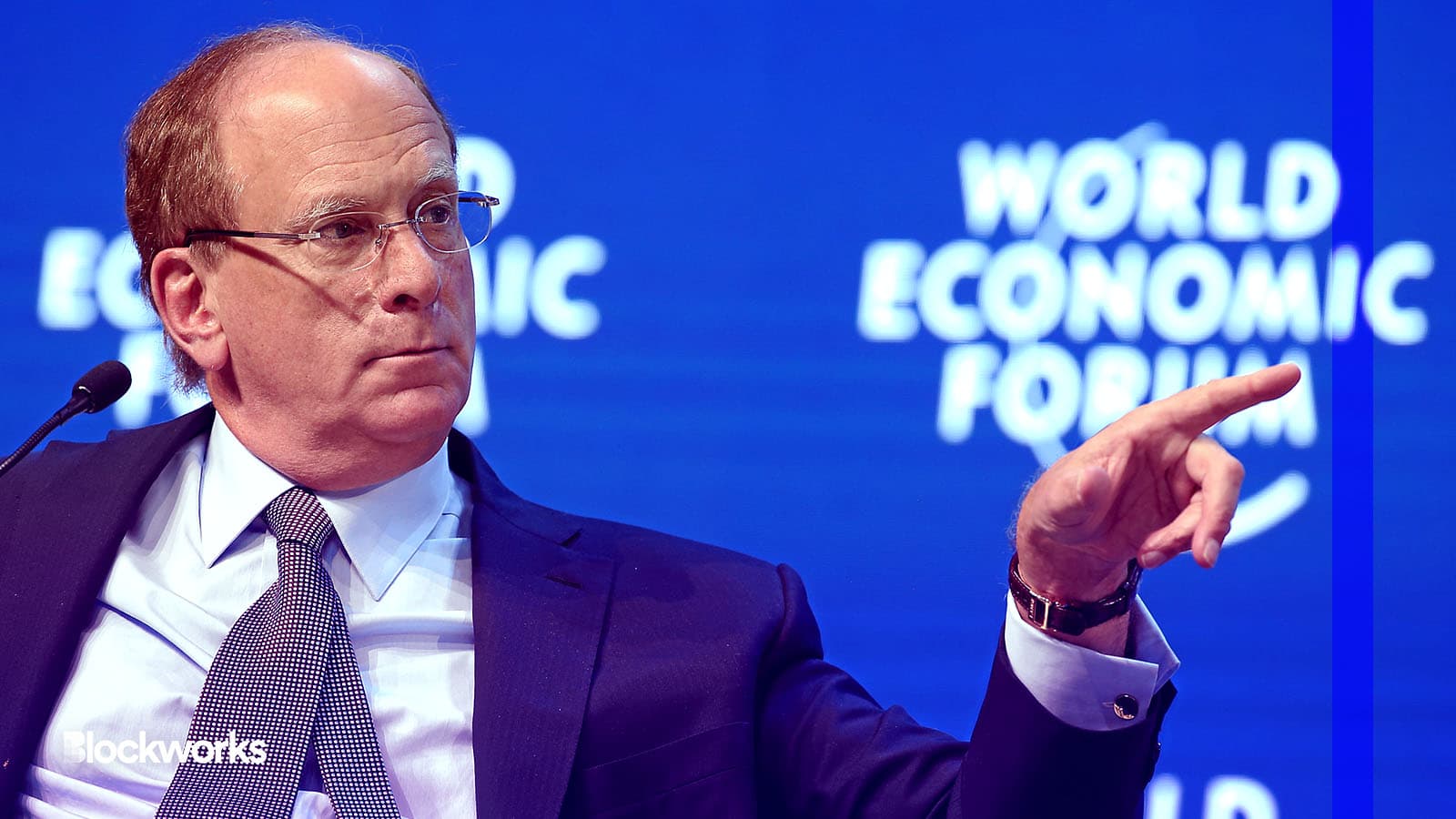Exxon Mobil (XOM) and Chevron (CVX) encountered subpar profits this quarter, weighed down by their oil-refining and chemical segments. Exxon's per-share results lagged behind third-quarter predictions by 9 cents, and Chevron trailed by 66 cents. These disappointing outcomes were primarily attributed to a global surplus of chemicals due to new manufacturing facilities and international refining setbacks. In response to these figures, Chevron's shares took a substantial hit, dropping as much as 5.9%—one of the S&P 500 Index's most significant declines on the day—while Exxon experienced a more moderate 2% decrease.
Simultaneously, both oil conglomerates are actively engaging in monumental mergers anticipated to exponentially augment their oil production capacities. Exxon's proposed $60 billion acquisition of shale magnate Pioneer Natural Resources Co. and Chevron's $53 billion proposition for Hess Corp. underscore their strategic ambitions to surpass both European and American counterparts. They aim to consolidate vast resources ensuring sustained crude production for the coming decades. Despite the profit miss, Exxon showcased its commitment to shareholders by increasing its quarterly payouts to 95 cents per share, set to be dispensed on December 11. Furthermore, the company's third-quarter free cash flow witnessed an impressive jump, reaching $11.7 billion, surpassing the average $9.36 billion forecast.
Exxon's CEO, Darren Woods, reaffirmed the company's steadfast commitment to dividends during a discussion with analysts. He emphasized that, even in challenging times, Exxon's primary objective is to uphold its assurance to shareholders. Chevron, on the other hand, faced setbacks as its overseas refining sector generated merely half the anticipated net income, and its esteemed Permian Basin crude production division underperformed. Additionally, expenses associated with the colossal Tengiz venture in Kazakhstan surged by approximately 4%.
Both companies remain optimistic about their future prospects. Exxon's CFO, Kathy Mikells, highlighted the company's investments in fossil-fuel initiatives from the pandemic era and ongoing cost-cutting strategies. The pivotal Pioneer acquisition promises to place Exxon at the forefront of Permian Basin production, granting unparalleled flexibility in production adjustments in response to oil demand shifts. Chevron's purchase of Hess ensures a substantial 30% stake in Exxon's burgeoning Guyana venture. Mikells expressed that investor response towards the Pioneer transaction has been overwhelmingly positive, recognizing its strategic alignment and anticipated synergistic benefits. Meanwhile, Chevron's CEO, Mike Wirth, aims to appease investor concerns regarding the hefty price tag attached to Hess by promising enhanced dividends and buybacks, emphasizing the company's strategy to diversify its production bases beyond the Permian Basin and Kazakhstan.


